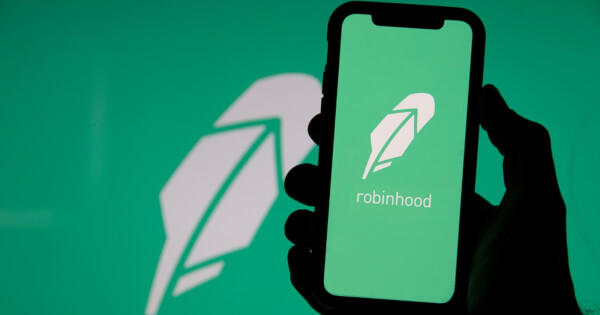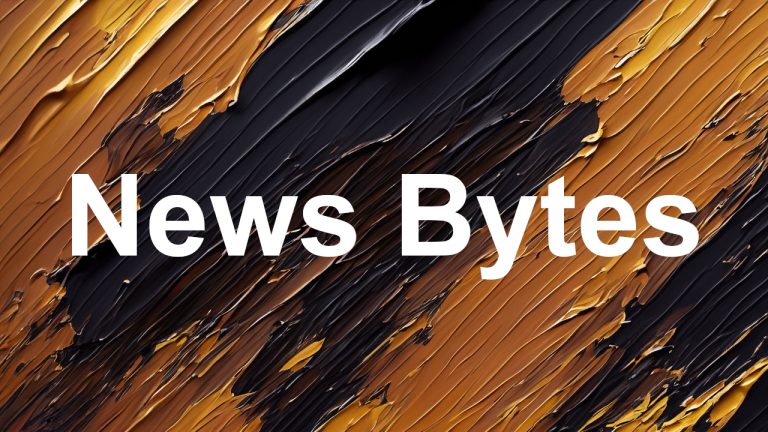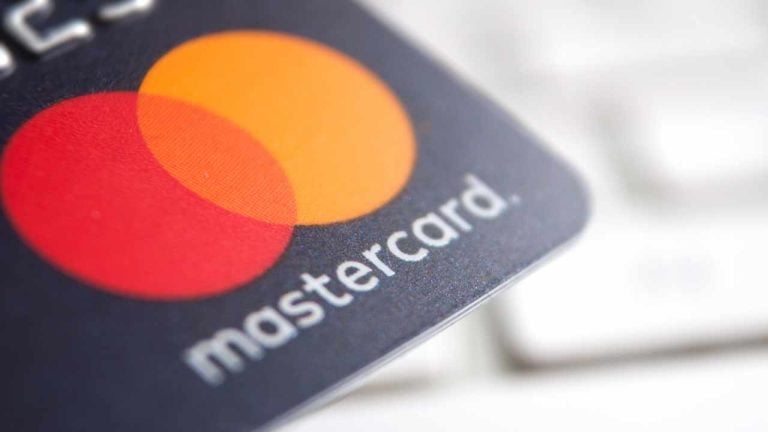Hey all, I see people misunderstand blockchain all the time and ask the "where's my crypto?" quite a bit. particularly with regard to cold wallets.
I posted this in the Ledger forum about 10 months ago as a response to someone who was confused about where their crypto actually was stored. People seem to like my explanation so I thought I would polish it a bit, and post it here to see if it helps anyone who may be struggling with the "Where is my crypto actually?" question.
Think of the blockchain as an open, readable, public accounting book, where records of all transactions ever are stored. each page of the accounting book has a list of transactions that occurred in the time it took to write that page.
for example:
2023-05-22 18:52:12 u/Whitehatnetizen sends 5 bitcoin to u/Market_Ninja
2023-05-22 18:53:12 u/Whitehatnetizen sends 2 bitcoin to u/Someone_else
2023-05-22 18:54:12 u/Market_Ninja sends 2 bitcoin to u/Someone_else
From the above transactions, you can infer that u/koenwielen has at least 3 bitcoin, and u/Someone_else has at least 4.
You can go back through the entirety of the transaction history in the accounting book to find the actual balance, by adding up all the transactions sent to a person and taking away where the transactions are sent from a person to elsewhere. In Cryptocurrency, instead of using names, we use addresses.
Using computer programming magic (Cryptographic algorithms), this accounting book is self-verifiable. Let's call each page a "block", and the book a "block chain". The time it takes to write one page of transactions using the Bitcoin Blockchain for example is approximately 10 minutes.
The content of each block has a portion (let's say "title") that is derived from the entirety of the previous block (including the previous block's title). This means that anyone who downloads a copy of the blockchain can verify that each transaction is legitimate by following the chain of blocks through. Thus eliminating the possibility of people replacing historical blocks with their own fake blocks containing false transactions.
The way we interact with this public accounting book is by initiating a transaction, and signing it. again, using cryptographic algorithms we can write an entry into this accounting book. The way we verify that we own a particular address is by signing a transaction with our private key (look up "public key encryption" to see how this works). In Public key encryption, a message encrypted by a private key, can only be unencrypted by the associated public key. Therefore only the person with the private key can verify that they "own" a certain address, and everyone who has the public key can verify the message was sent by the owner of the private key.
So with my private key, I can say: "I want to send 2 bitcoin from address ABC to address XYZ" by signing this message (encrypting it) with my private key, and people running the blockchain on their computers can validate that this is a legitimate transaction, and that I have permissions to send from address ABC, because the message was encrypted with my private key and it is able to be decrypted with my public key (i.e. the address ABC), thus proving I initiated the transaction. In this case, your bitcoin "address" is your public key.
so: Stored in your ledger, or other cold wallet, is your Private key. The thing that enables you to initiate and sign transactions. Your private key is derived from your 24 key words (+optional passphrase). thus it's imperative that you keep these safe, as anyone who sees them, can then sign transactions on your behalf!
Recent Ledger drama aside, the difference between a hot wallet, and a cold wallet, is that a hot wallet has your private key stored on a device that has direct access to the internet, and is thus highly vulnerable to multiple attack vectors. A cold wallet has the key on a physical device that never connects to the internet. a Ledger specifically, signs the transaction on the device itself, before sending it back to your computer or phone in a way that removes the necessity of your private key ever touching an internet connected device.
so in short: your crypto is represented as a series of transactions only on this public accounting ledger called a blockchain, and will never physically "move" anywhere. your hardware wallet is a place to store your keys. if anyone else has your keys, they can transact on your behalf. Hence the saying "not your keys, not your crypto".
I hope this long post has been helpful - please feel free to link to this, or copy/paste if you see anyone ask similar questions.
[link] [comments]

You can get bonuses upto $100 FREE BONUS when you:
💰 Install these recommended apps:
💲 SocialGood - 100% Crypto Back on Everyday Shopping
💲 xPortal - The DeFi For The Next Billion
💲 CryptoTab Browser - Lightweight, fast, and ready to mine!
💰 Register on these recommended exchanges:
🟡 Binance🟡 Bitfinex🟡 Bitmart🟡 Bittrex🟡 Bitget
🟡 CoinEx🟡 Crypto.com🟡 Gate.io🟡 Huobi🟡 Kucoin.


















Comments